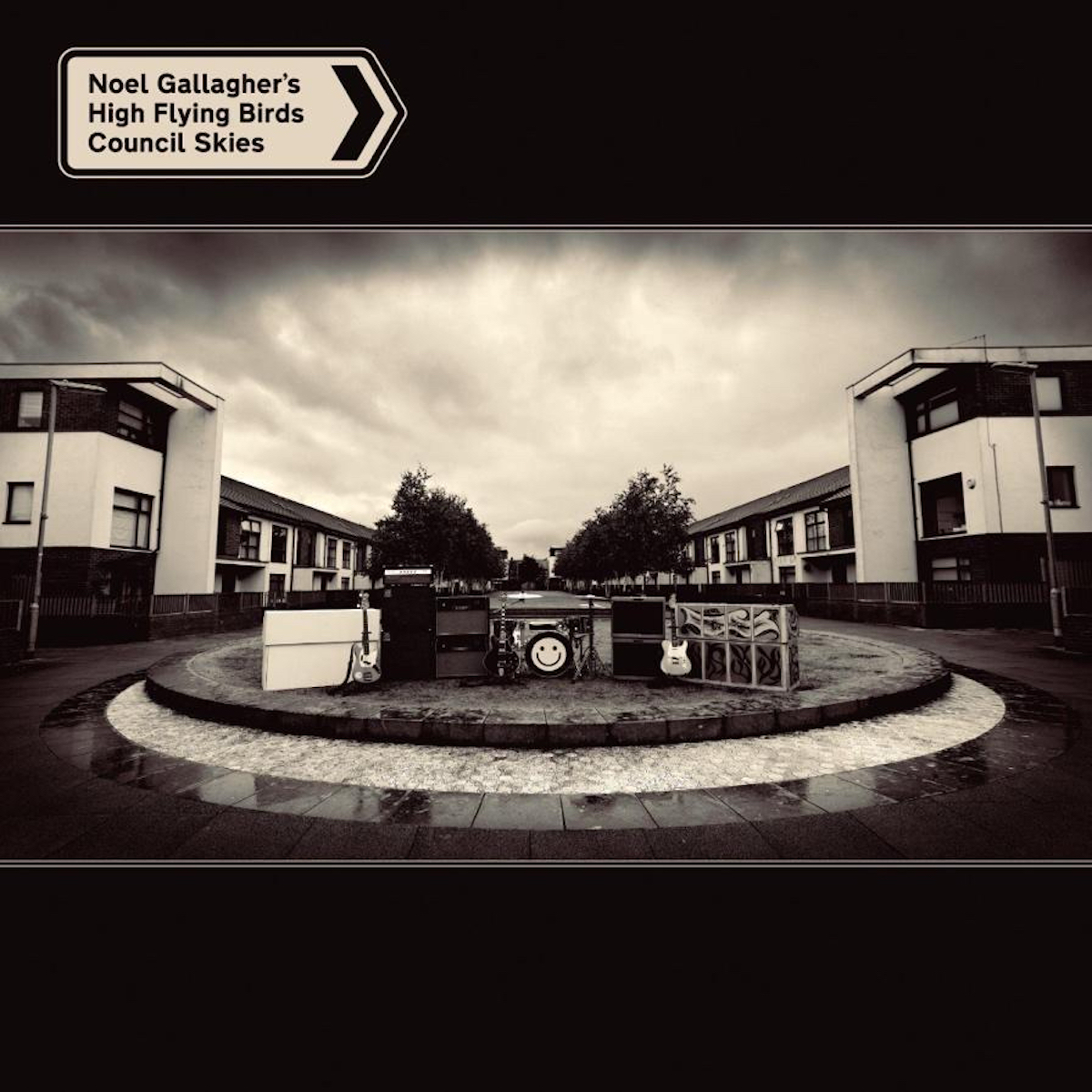Meeting the Italian press a few weeks ago to present his new album, Noel Gallagher said that Council Skies (out June 2) is a “reflective” record, whose dark feeling is due to the moment it was written and to things that have happened in his personal life. The moment in which it was written is the lockdown, while the things that have happened in his personal life, we imagine, are those related to the separation announced at the beginning of the year by his wife Sarah MacDonald, with whom he had been married since 2011. However, we are not of in front of a divorce album at the 30 of Adele and much less the Tunnel of Love by Bruce Springsteen. And not even one pandemic albumassuming that definition means anything.
As positive people do in times of trouble, the Manchester musician tried to make the best of his present to recreate a world he looked upon with melancholy, in the hope of reliving a golden age in which time passed has dulled negative memories. Noel then took the songs written in solitude with only the aid of an acoustic guitar and brought them to the first personal studio of his career, the Lone Star, in North London, manned by a life-size cardboard cutout of Pep Guardiola , the guru of his beloved Manchester City. “He was the tactical plan supervisor,” he joked. The studio, as well as instruments, had been filled with psychedelic posters and portraits of the Beatles. A context, even aesthetic, in which to feel safe, among familiar objects and images.
The result is a black and white disc deeply rooted in its author’s past. The method first. Who Built The Moon? (2017) was a collage of sounds, little played and highly constructed. Here, on the other hand, you hear a band playing and a ringleader in full control. The choice of Paul Stacey as co-producer is also significant: a long-time collaborator who didn’t risk influencing the final result with too marked a style. Then the lyrics, with the constant references to eyes raised to the sky while dreaming of a better life. In this sense, the years lived in Manchester between the end of the 80s and the beginning of the 90s are a golden age to be relived in terms of inspiration, while poverty and petty thefts have been forgotten.
Last but not least the songs, which are obviously the thing that interests us the most. A black and white disc, we said. For melancholy but also for some amazing wave sounds. According to its author, Pretty Boy (the single has been on the radio for a long time) sounds like a Cure piece, and indeed it has something of At Forest. Before commissioning a remix from Robert Smith himself, the song was finished in the studio with the intervention of the tutelary deity Johnny Marr (also present in two other songs), of which Noel appreciated the non-invasiveness. Definitely black and white they are too Think of a Numberwhich closes the record on dark notes with a Noel who by his own admission tries to sound like Marr himself, and a title track that pays for excessive cleaning, perhaps due to radio aspirations.
Rooting in the past is felt above all in the triptych formed by Open the Door See What You Find, Trying to Find a World That’s Been and Gone (whose title already says a lot about the aforementioned golden age) e Easy Now, the latter already announced as the central moment of the next concerts (the only Italian date on November 8 at the Assago Forum). Melodies and choruses that mark a return to classic British pop, songs that could have stayed on Be Here Now.
Perhaps Noel will no longer strike the spark to write one Don’t Look Back in Anger (or even better one Whatever), almost thirty years have also passed, but with this album he confirms that he is one of the good craftsmen. His main merit is that he fearlessly chose to re-enter the world from which he comes and to which he still belongs, without trying to distance himself from a model of which he had been the main architect. In short, the model of that band there, the one we haven’t named yet. But now we have to do it, to say that Council Skies is Noel Gallagher’s best album since Oasis.


